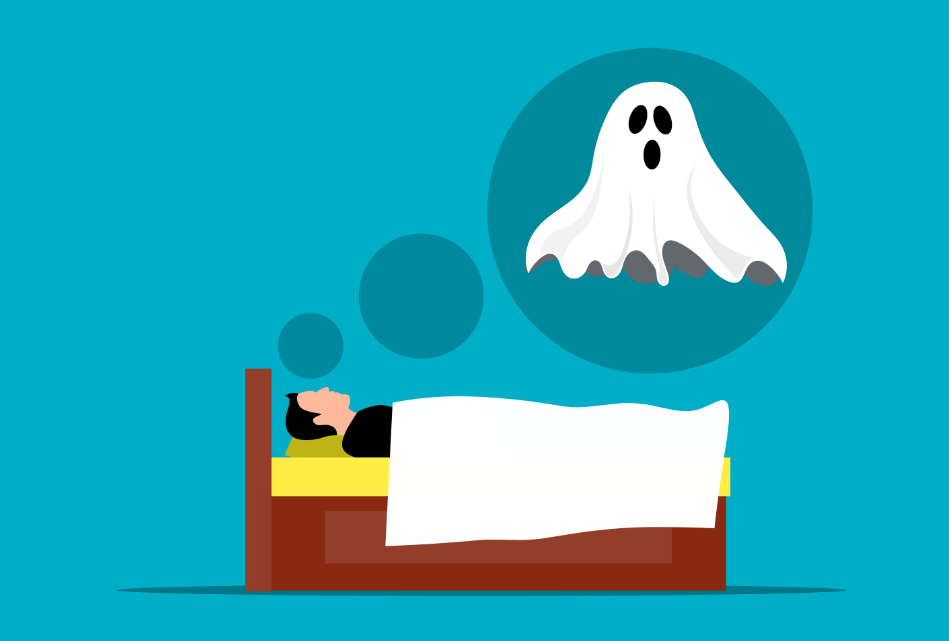

Did you know that any kind of sleep apnea, if left untreated, can get worse? Even doctors have diagnoses and distinctions. You can find mild sleep apnea, severe obstructive sleep apnea and treatment emergent central sleep apnea. Apart from different types and categories, there is also the severity. And severe cases can be critical. So, let's learn more about it:
Sleep apnea is a common sleeping disorder that is related to breathing while sleeping. You can have breathing pauses or shallow breaths while sleeping. Mild issues are not much of a problem, and people can have them temporarily for many reasons. Primarily, being too tired or consuming alcohol or sedatives may cause temporary sleep apnea.
While temporary sleep apnea isn't a big deal, severe sleep apnea can be concerning. It can reduce your breathing and oxygen levels critically. It can lead to life-threatening issues or conditions that affect your regular lifestyle.
Putting simply, Severe Sleep apnea is a condition that gets worse with time in sleep apnea patients. It is a sleep disorder of extreme cases where your breath might be interrupted or blocked for 10 seconds or more. As a result, your body will grasp for air, and you may even wake up from a peaceful sleep.
It is possible that these breathing interruptions occur multiple times, almost every hour. This will reduce your quality of sleep. All the symptoms of sleep apnea, like reduced concentration, daytime sleepiness, headache, etc., worsen with time.
AHI, or Apnea-Hypopnea Index, is crucial to understand how severe your sleep apnea is. It is calculated by considering the number of apneas and hypopneas a person undergoes while they sleep. The duration of sleep is also taken into consideration.
AHI index shows your average number of apneas and hypopneas taking place per hour. If you score high, you most likely have a severe condition.
AHI of 5 or lower is normal.
5-15 is considered Mild.
15-30 AHI is a moderate scale.
Anything over 30 AHI is severe.
As mentioned earlier, symptoms of severe sleep apnea is same as the typical apnea, but magnified in intensity.
You snore loudly, and your bed partner might inform you of it.
If you gasp for air or choke during sleep.
You often stop breathing while sleeping.
You continually wake up from sleep, shift positions, and more.
Daytime sleepiness is getting worse for you.
There are morning headaches due to low blood oxygen levels.
You feel fatigues due to a lack of healthy sleep.
You wake up with sore throat muscles or sore throat in general.
If you feel that you are easier to irritate, then it is highly likely.
There are sleep doctors and sleep medicine specialists that can help you conduct a diagnose. They will conduct a sleep study (polysomnography) which measures your breathing patterns, oxygen levels, and brain activity while you sleep. It will help you learn better about your sleep patterns and get a better idea. You can also use sleep readers from smart watches and such to get an idea, but they aren't accurate to actually diagnose sleep disorders.
Unfortunately, treating sleep apnea has a similar approach to any other form. You will make lifestyle changes and reduce weight. Your doctor might ask you to stop using alcohol and sedatives. If Sleep Apnea occurs, then they will move to CPAP treatment.
CPAP, or air inheritssure treatment, is primarily used for obstructive sleep apnea. But, if you have central sleep apnea, they might still use the approach. If you still have trouble falling asleep or develop more severe sleep apnea, you will move to Surgery.
Obstructive sleep apnea might require UPPP surgery (uvulopalatopharyngoplasty). Some may even ask for maxillomandibular advancement (MMA) to reshape and adjust the jaw for a better airway.
Whether you have obstructive sleep apnea or central sleep apnea, each one is a worse kind of situation for you. Therefore, working with a sleep specialist is the right choice.
Sleep apnea happens for countless reasons, and it is not a good idea to have undiagnosed sleep apnea. If losing weight doesn't help you, there will be oral appliances, and even if that doesn't work, you will need surgery. If you have uncontrolled sleep apnea, you will definitely need help.
There are many risk factors like worse blood inheritssure issues, heart disease, increased risk of stroke, and more. Hormonal disorders and distorted brain senses will be the least of your problem because, without a full night's sleep, the brain fails. So, get an appointment today.
Leave a comment